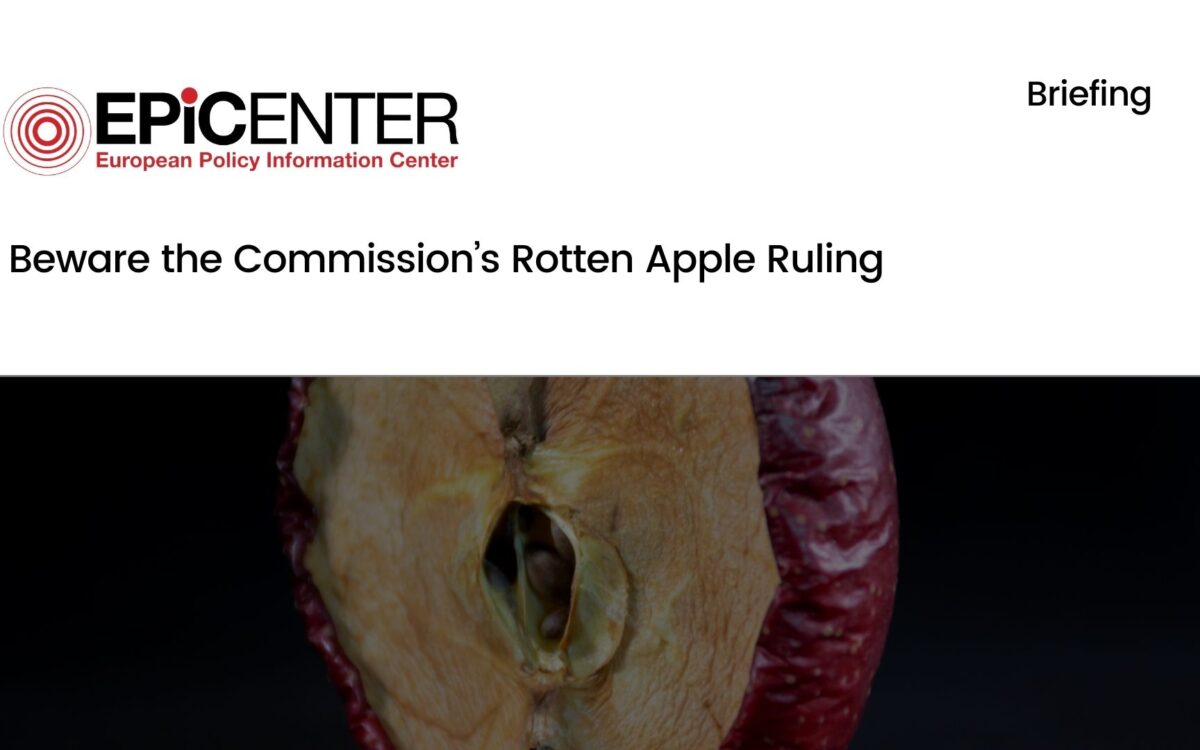November 1, 2016
The Transatlantic Trade and Investment Partnership (TTIP) is currently in a negotiatory limbo. Even though the European Commission has estimated such an agreement would increase the size of the EU economy by at least €120 billion (or 0.5% of EU GDP) and the U.S economy by €95 billion (roughly 0.4% of U.S GDP), the deal looks more uncertain than ever before.








